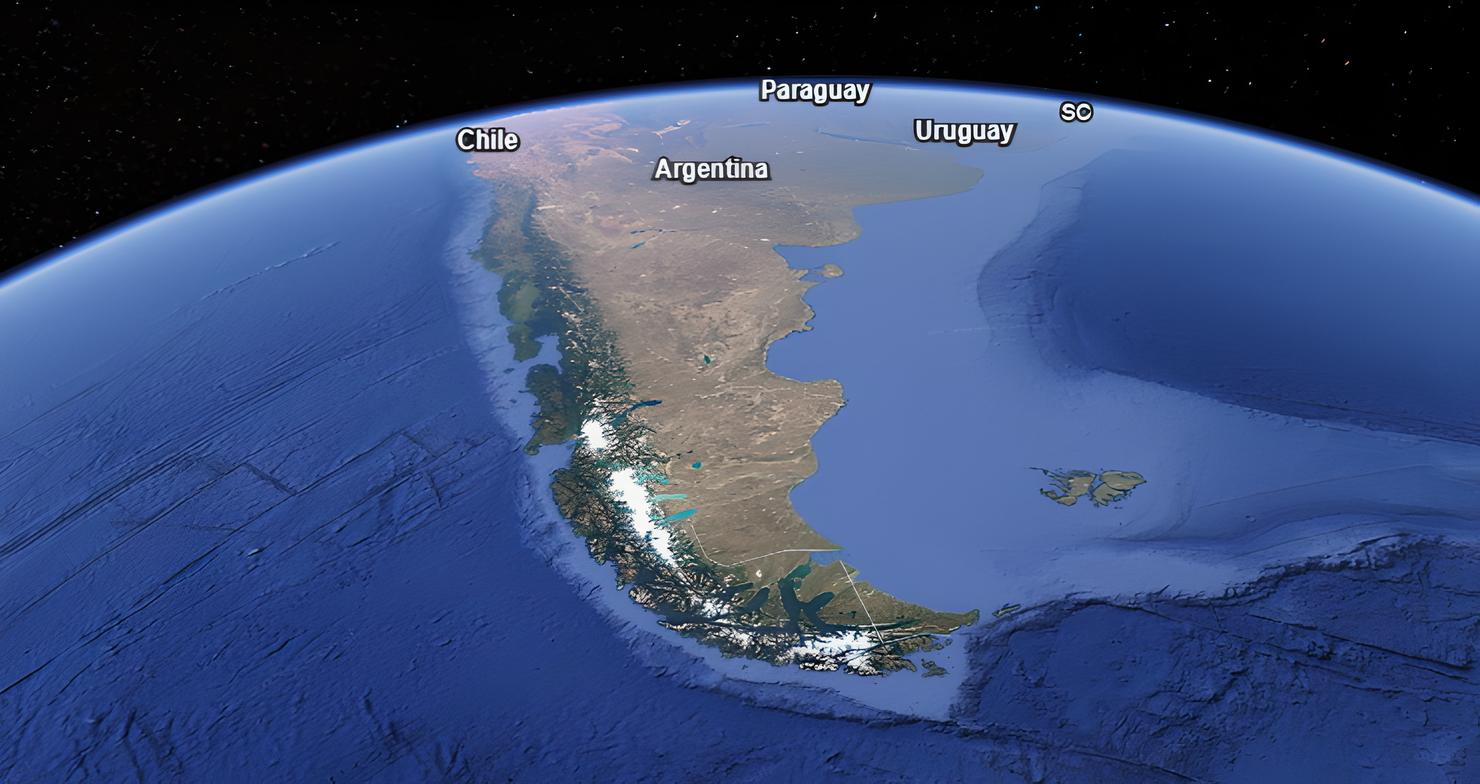The photograph could have passed as a minor detail : Benjamin Netanyahu, Prime Minister of Israel, looking at a map of the southern tip of South America during his meeting with Javier Milei. But the image, released without official context, revived old geopolitical suspicions. Prominent in the center of that map are the Argentine and Chilean Patagonia.

The timing was no coincidence : it occurred one day before Israel launched a massive attack on Iran and hours after the two governments signed bilateral agreements covering military, migration, and pension cooperation. What is the connection between these events? Why is Patagonia, a territory historically coveted for its strategic wealth, at the center of a meeting in the midst of a global crisis?
The so-called "Andinia Plan," a theory circulating since the mid-20th century, suggests that Zionist groups considered Patagonia as a possible territory for establishing an alternative Jewish state . Although never confirmed by official Israeli sources, the idea resurfaces periodically in debates about sovereignty. Critics point out that the recent agreement between Argentina and Israel—which facilitates residency and access to social benefits for Israeli citizens, for example—could be interpreted as a step toward a greater foreign presence in the region. Added to this are Israeli investments in water resources and land, such as magnate Joe Lewis's 14,000 hectares in Lago Escondido or the management of water systems by the state-owned company Mekorot .

The geopolitical context adds layers of complexity . Milei announced the relocation of the Argentine embassy to Jerusalem , a symbolic measure that aligns Argentina with the Israeli position but weakens its position in the Malvinas conflict, given the Arab world's historical support for the Argentine cause. Furthermore, the mutual social security agreement, regulated in June 2025, allows Israelis to access Argentine pensions and subsidies while the country faces an unprecedented economic crisis. Why prioritize these benefits at a time of internal adjustment?
The timing of the signing is also striking: the Israeli attack on Iran the following day placed Argentina in a delicate position. Was it coincidence or coordination? Milei, who received a million-dollar award in Israel —whose donation to private entities raises legal questions— insists that her alliance with Netanyahu is strategic . But strategy, in foreign policy, involves calculating risks. Patagonia, with its low population density and natural resources, is an asset that powers, not just Israel, always observe with interest.
The question isn't whether there's a secret plan to seize Patagonia, but why an Argentine government, in the midst of a crisis, is pushing through agreements that expose a vital territory without any tangible guarantees of reciprocity. The photograph of the map could be merely a symbol, but symbols, in geopolitics, are often the prelude to action.






